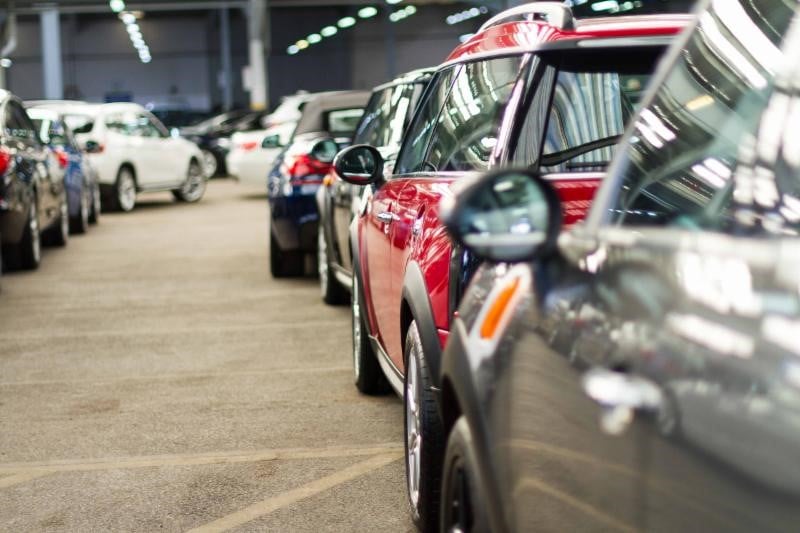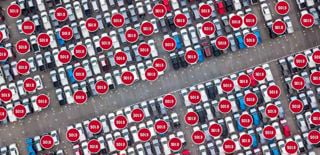Cox Automotive has downgraded its used car sales forecast for 2021 as the lasting impact of COVID-19 and the global semiconductor shortage look set to result in a “market starved of supply" in Q3.
The automotive remarketing and services provider followed-up a downgrade of its new car registrations forecast last week with warnings of continued wholesale price rises and ongoing market uncertainty for the remainder of the year.
Its full-year 2021 forecast now stands at 6,766,250 used car sales, down 0.6% (40,414 units) on its April forecast and 8.3% down on the 2000-2019 average.

Philip Nothard, Cox Automotive’s insight and strategy director, said that the most likely scenario for the industry will see Q3 end on 1,828,054 used car sales, down 5% on the 2000-2019 average.
"After so much time with their showroom doors closed, dealers were raring to hit the ground running, but unfortunately factors out of their control still hold them back to this day,” Nothard said.
“Most new car models face shortages or lengthy lead times, placing added pressure on a used car market starved of supply."
Cox’s outlook confims what many already knew or suspected, but will come as a blow to a sector far from starved oif consumer interest.
Deloitte’s recently showed that almost one-in-10 consumers intend to buy a new car in the next three months as its Consumer Tracker reached its highest ever level in terms of automotive buyer intention.
Cox said that one million new car registrations have now been lost because of the pandemic, and the current supply issues will remain throughout the summer and likely for the remainder of the year.
Nothard said that the market is unlikely to return to any level of stability until Q4 when “the economy will be clearer as the furlough scheme comes to an end and consumer and business confidence is understood”.
With no floods of stock on the horizon, Nothard believes used car prices could yet rise further.
According to Cox’s dealer sentiment survey, the lack of ex-fleet volume – a result of supply constraints in the new car market – has led to 81% of dealers holding onto part-exchanges.
Nothard said: "This is further impacting wholesale supply and driving competition for the stock that's available. Furthermore, 41% of dealers expect this change to continue even when supply improves, suggesting that some dealers' habits have changed permanently."
In another Cox Automotive survey, 96% of dealers changed their stock profile strategy because of the pandemic and supply constraints. Dealers are doing this by stocking brands they usually wouldn't and stocking higher mileage and older vehicles.
Nothard concluded: "Dealers have shown they've become agile and adaptable in these unpredictable market conditions.
“As a result, days in stock have reduced to 22 days, from an average of 59.7 days in September 2019 (Source: ASE Global). This highlights both the level of retail demand and dealers' ability to meet it at all costs."



















Login to comment
Comments
No comments have been made yet.